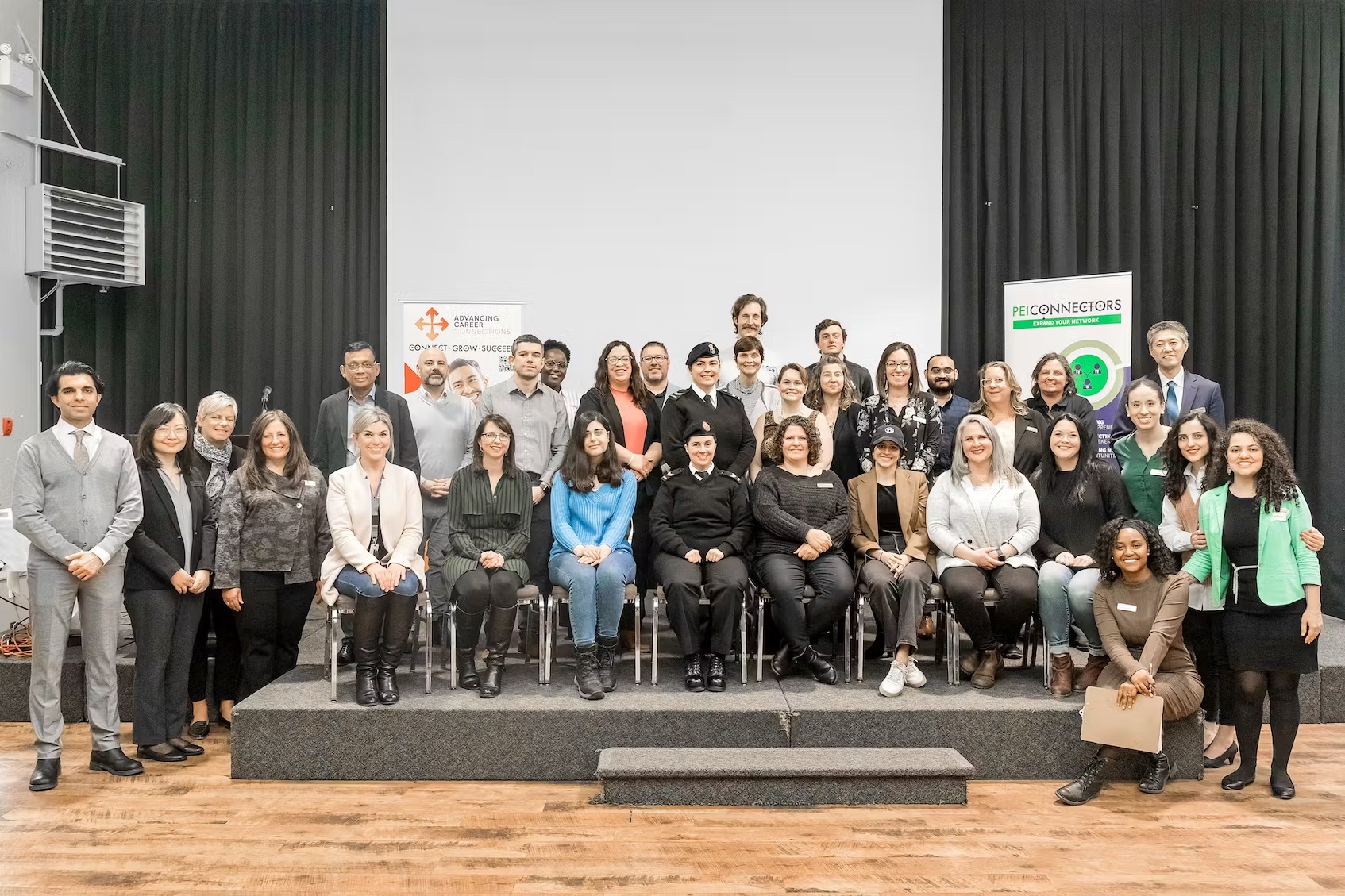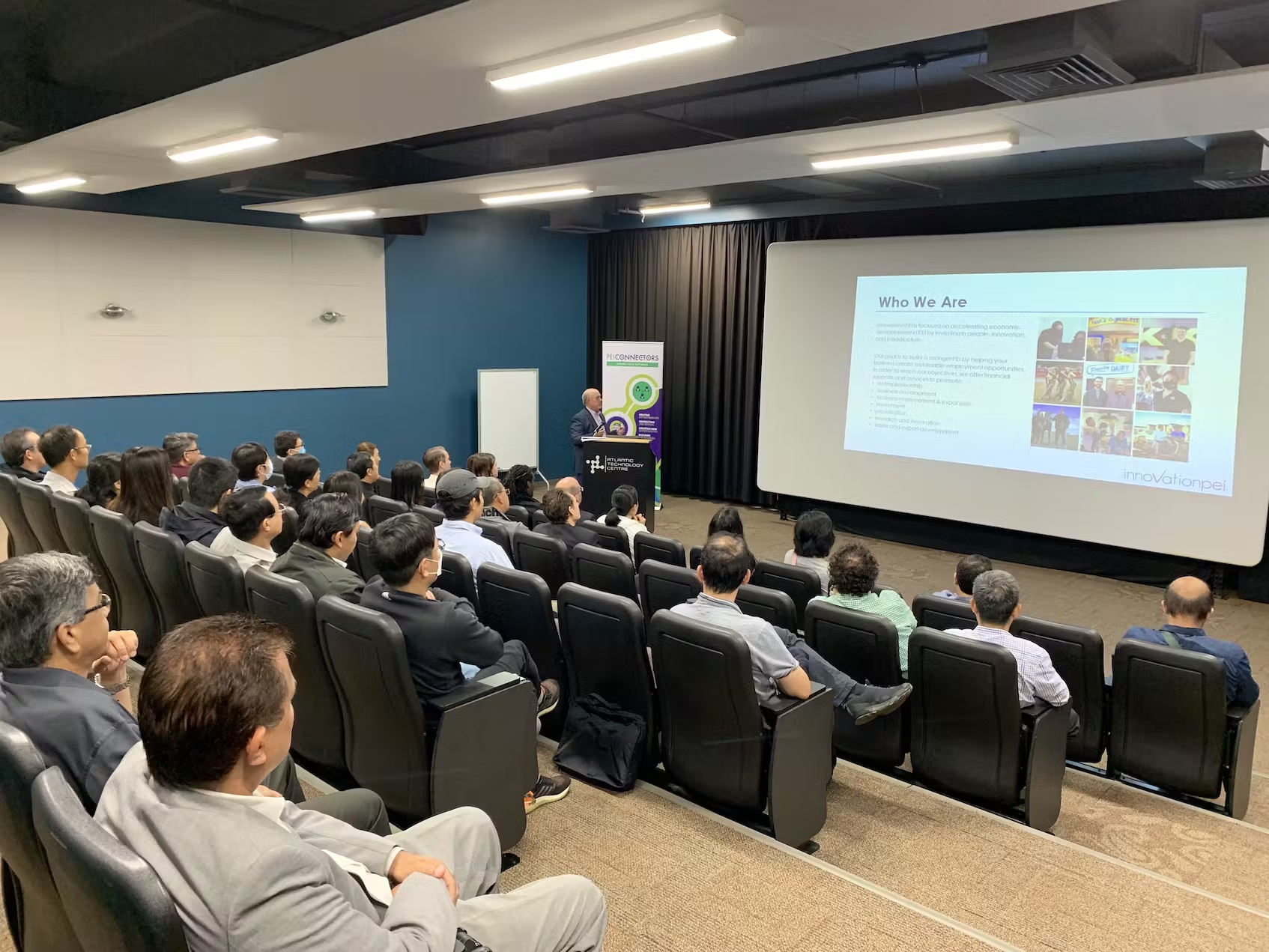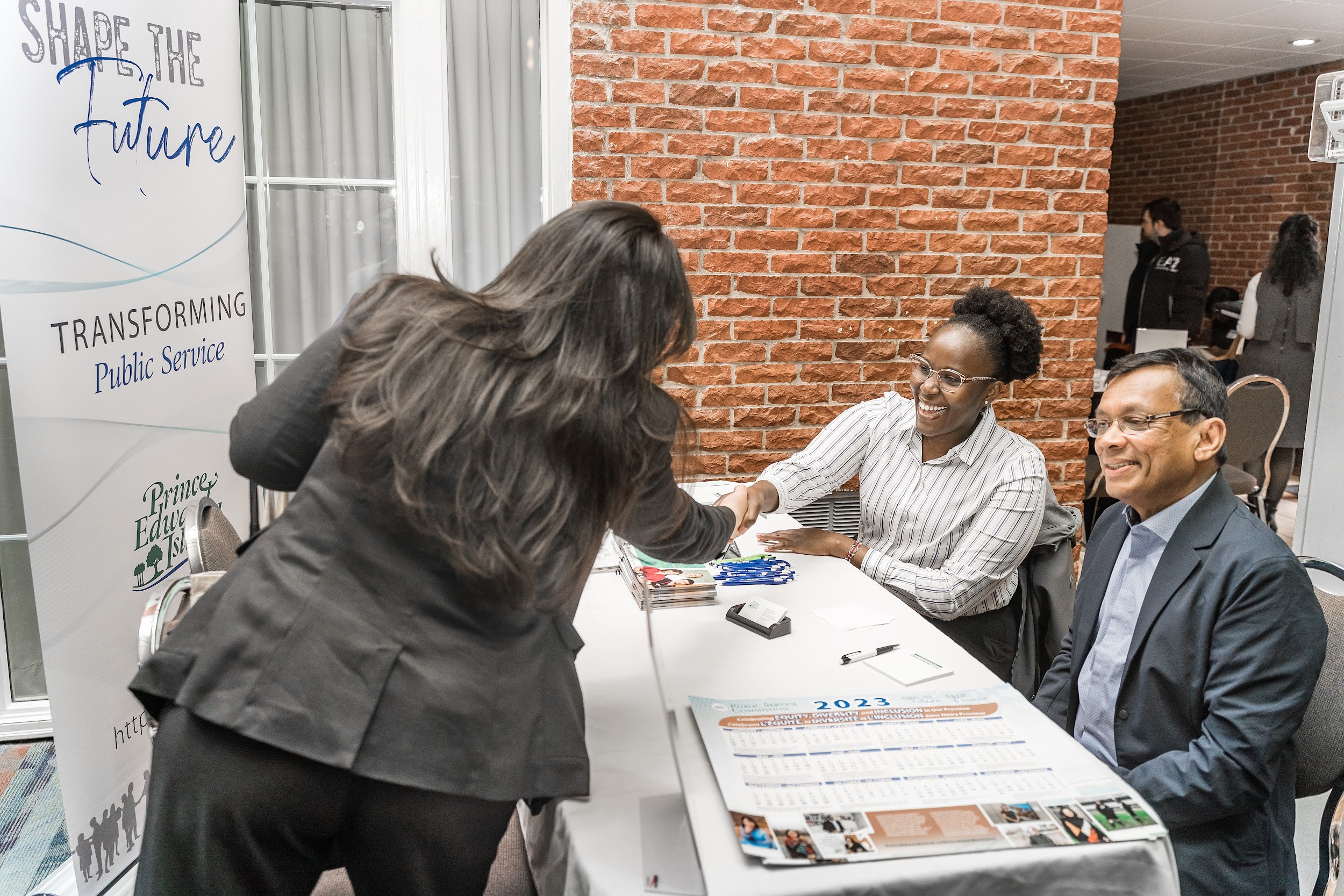According to Statistics Canada’s most recent report, only 28 per cent of newcomers who landed in P.E.I. from 2015 onwards end up staying in the province.
Even though this indicator seems low in comparison to other provinces such as Ontario or Alberta, P.E.I. registered the biggest improvement nationwide when comparing the most recent indicators with the ones concerning arrivals admitted in 2010 and 2011.
The province’s retention rate improved almost 100 per cent.
Support system
Part of this is due to the initial success of the Atlantic Immigration Pilot Program, also known as AIPP, which has fostered employer-driven immigration to Atlantic provinces. This helps solve an important initial concern for newcomers, which is income, as several studies have shown.
Beyond income, however, there is the question of community and belonging.
In the United States, loneliness has already been declared a national epidemic, and the positive effects of a strong social support system have been well-documented, a famous example being Malcolm Gladwell’s Outliers of Roseto, Pennsylvania.
Canada’s Atlantic provinces have their fair share of outliers. In St. John’s, N.L., several organizations such as Genesis and techNL have forged a strong community bond to build a thriving startup hub.
And in P.E.I., a program named P.E.I. Connectors, an initiative of the Greater Charlottetown Area Chamber of Commerce and the National Connectors organization based in Halifax, is helping newcomers to develop relationships that reinforce their ties to the Island, and that help them progress towards their professional goals.

Born in Ethiopia, Tihut Zekewos landed in Canada as an international student, enrolling at the University of Prince Edward Island to pursue a bachelor’s in business administration. Now she is an events and marketing manager for the P.E.I. Connectors program, which serves job-seekers who are new to the local labour market, as well as immigrant entrepreneurs.
“Most of our team members are newcomers from different parts of the world. We identify with our clients and understand how important it is for them to establish connections in their new communities,” said Zekewos, as she recalled her early days in Canada and specifically in PEI. “I personally know that PEI is very small, so without connections, it is very hard to feel like a part of the Island.”
Sense of belonging
The program provides clients with access to industry experts who can assist them in feeling more comfortable and strengthening their sense of belonging to a community. Those who sign up as connectors volunteer their time to meet with newcomers, sharing their knowledge and providing them with access to contacts who familiarize them with the local business community.
In the last fiscal year, P.E.I. Connectors served 485 entrepreneurs and 236 job-seekers. The initiative also assisted more than 100 new business ventures, and worked with a total of 373 companies.
Through that process, the program facilitated over 1,300 connections for their clients. This is bolstered by an impressive team of volunteers. As of now, more than 900 Islanders have served as connectors, and the true success of the program is that many of those connectors were once clients. They were helped by the initiative and now have returned to give back – to pay it forward to someone else who is going through the same issues they faced.
One of them is Abraham Roy, who immigrated to Canada from India to work in IT.
Roy went on to launch a technology business, Contact Boss, a one-stop shop that provides complete contact and event management solutions for multiple organizations, including SMEs and not-for-profits. Contact Boss was founded in P.E.I., and Roy credits the support that P.E.I. Connectors had in expanding his client base.
“This is why I decided to pay it forward, and help other newcomers who are starting their business, as well as mentoring in IT-related job seeker skills,” said Roy.
Rewarding journey
David Sun is another newcomer who decided to give back.
Now a branch manager at TD Bank, Sun remembers that when he got to Canada from China, the only thing he knew how to say in English was “How are you?”
Sun cites “overcoming the language barriers and adapting to a new culture,” as the biggest challenges he faced upon landing, and shares one of his success stories at P.E.I. Connectors, now on the other side, helping newcomers.
“TD hired a P.E.I. Connectors client, who I met at Advancing Career Connections last year and four months ago was promoted to branch manager. Without P.E.I. Connectors, we would not have had a chance to meet him, notice his talent, and witness his career growth,” said Sun.
The connections participants build through the program are critical in more ways than one. And while no single factor can hold a complete claim to success, building this network is something that significantly influences people’s decision to stay.

“When they get that level of comfort in the community, it becomes a community that they really want to stay and live in,” says Tina Dickieson, a business consultant and executive, who is a connector and recently joined IRSA, the Immigrant and Refugee Services Association in P.E.I., as a project manager.
Getting established
Since its inception, the P.E.I. Connectors program has assisted founders from nations as diverse as Germany, Nigeria, Iran, France, Bangladesh, and Ecuador to grow their businesses or bolster their careers on the Island. Furthermore, since they are funded by the government, these newcomers have been able to access these services for free. And for the people that work in making the program a reality, the journey has been equally rewarding.
“Most of our staff members are newcomers themselves, so they can relate to the challenges our clients face in getting established in P.E.I.,” said Nicole Bellefleur, program director at P.E.I. Connectors. “They’re passionate about the work they do, and are deeply invested in the success of the people they serve.”
This story and photos are part of a partnership between SaltWire and New Canadian Media.

Javier Ortega-Araiza
Javier Ortega-Araiza a de multiples expériences mondiales en tant qu'écrivain et entrepreneur social, ayant voyagé dans plus de 30 pays. Aujourd'hui installé à Toronto, il est un auteur publié en anglais et en espagnol.




